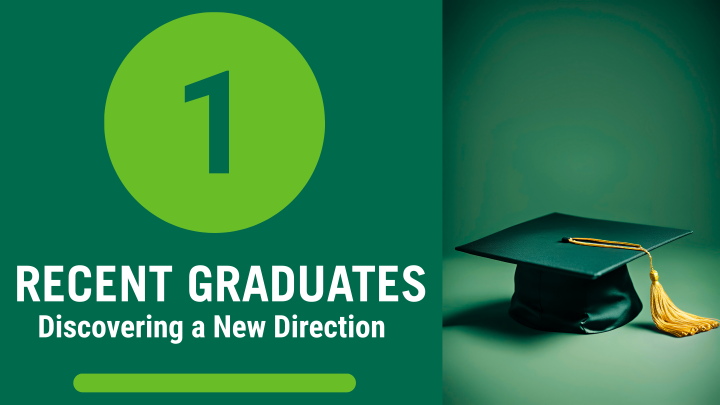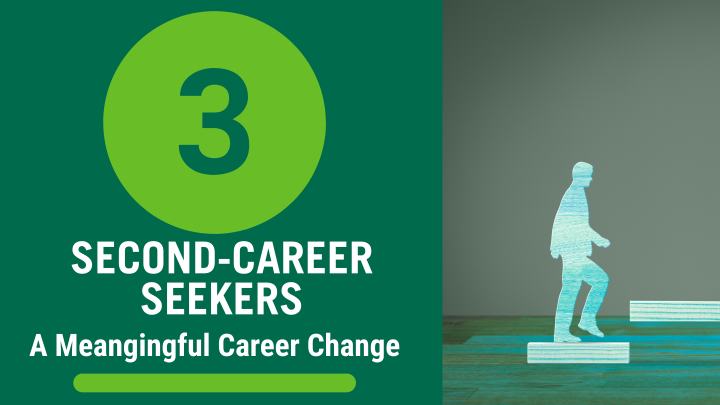Three Pathways to Music Therapy Equivalency
Music therapy attracts people from a variety of backgrounds. Whether you’ve just completed your degree, built a music career, or are ready for a professional change, our equivalency program can open the door to becoming a board-certified and licensed music therapist.

Many students earn a bachelor’s degree in music performance, education, or composition without realizing that music therapy is a recognized healthcare profession. If you’re a recent graduate who loves music but feels drawn to helping people in more direct and meaningful ways, our equivalency pathway provides an efficient transition.
- Build on your existing degree instead of starting over.
- Gain specialized training in psychology, clinical techniques, and the therapeutic use of music.
- Enter the field prepared to make a difference in hospitals, schools, and community health settings.

For working musicians—singer/songwriters, band members, church musicians, or private instructors—our equivalency program offers a way to expand your career options while keeping music at the center of your work.
- Learn how to apply your creative skills in therapeutic and clinical contexts.
- Add professional credibility through academic coursework and supervised training.
- Open new career doors in healthcare, mental health, and wellness without leaving your artistry behind.

Some people come to music therapy later in life, after years in education, healthcare, business, or other fields. If you’re considering a second career, our equivalency program offers a structured pathway into a helping profession where your past experiences remain valuable.
- Transition into a career that blends creativity, compassion, and evidence-based practice.
- Reframe your professional background as a strength when working with diverse clients.
- Pursue board certification (MT-BC) and licensure (LPMT) and begin a new chapter of meaningful service.
Mailing Address
2121 Euclid Ave., MU 111
Cleveland, OH 44115
Campus Location
Music and Communication Building
2001 Euclid Avenue
Room 111
Cleveland, OH 44115
Contact
Phone: (216) 687-3807
musictherapy@csuohio.edu

